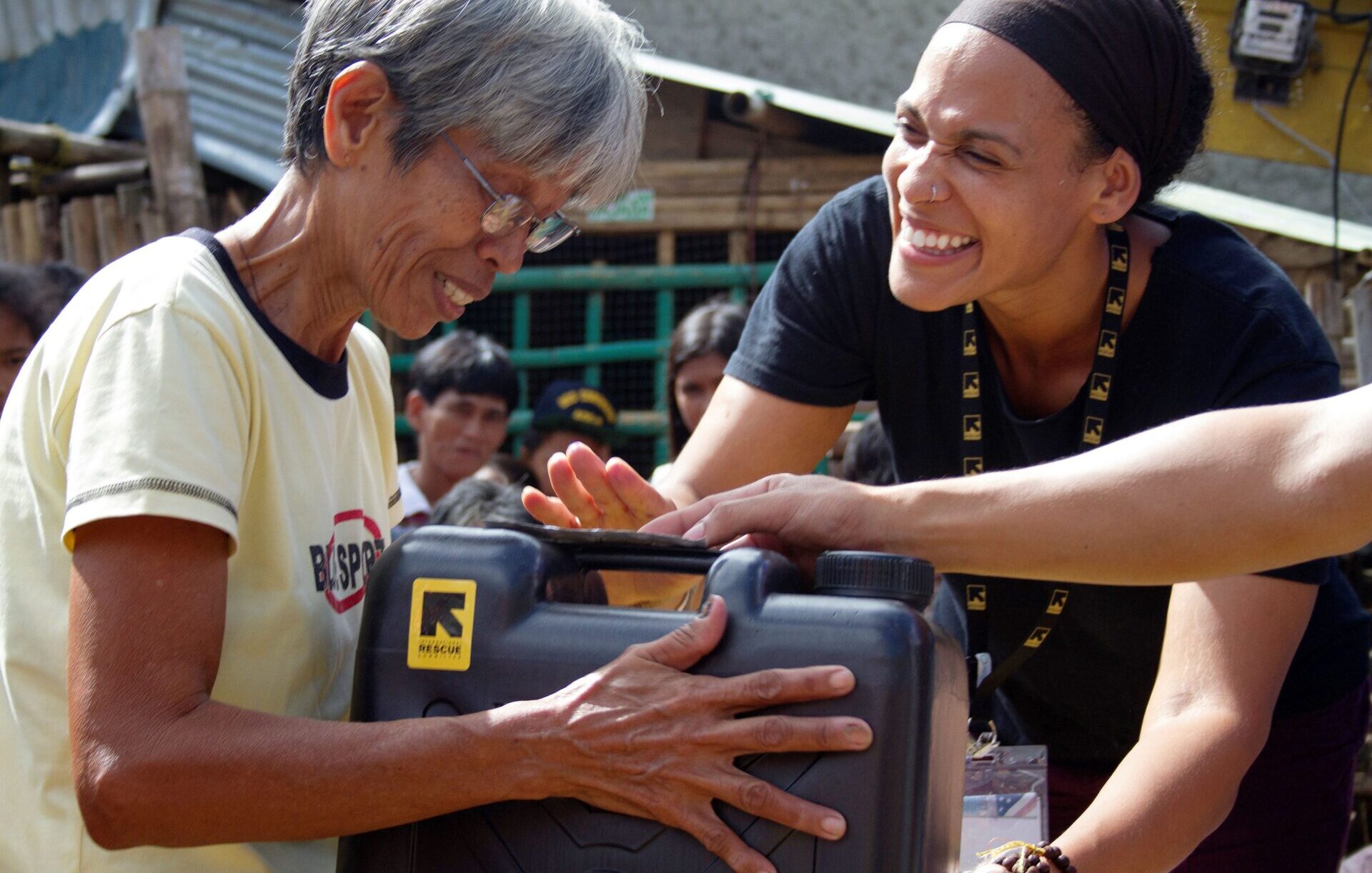
Empowering Frontline Staff: A Pathway to Better Community Engagement
In humanitarian organizations, frontline staff are the people most directly responsible for engaging with affected communities. They play a crucial role in understanding the needs, feedback, and priorities of those receiving assistance. However, despite playing this important role, frontline staff are often overlooked when it comes to conversations about how the humanitarian sector can make community engagement more meaningful.
Frontline staff frequently encounter significant barriers that hinder their ability to fully involve affected populations in shaping programs and decisions. This disconnect not only reduces the effectiveness of humanitarian responses but also weakens the relationship with the very communities we seek to support, limiting their voice in decisions that directly impact them.
Disconnect Between Frontline Staff and Decision-Making
Frontline staff—often national staff who live and work in the communities they serve—are held back from decision-making by a persistent power imbalance with the predominantly Global North-based leadership of humanitarian organizations. This power imbalance is reinforced by the complex organizational hierarchies of many humanitarian organizations, where decision-makers are often far removed from field realities. While frontline staff have critical contextual knowledge and firsthand understanding of community needs, they tend to hold limited decision-making power about the programs they deliver.
While the sector is increasingly discussing “localization”—the shift toward greater authority and agency for national and local actors—realizing this vision in day-to-day operations has proven difficult. Empowering frontline staff to fully participate in decision-making is a critical step in the localization journey, but it will require the reconfiguration of power structures within many organizations.
Further complicating matters, many organizations struggle with what “participation” actually means in practice. While it is often discussed as a priority, participation is frequently reduced to setting up feedback mechanisms or conducting periodic assessments. This narrow interpretation doesn’t encompass the full potential of community involvement in shaping and implementing programs that directly affect them.
Addressing these barriers requires a practical, multi-faceted approach that focuses on changing both attitudes and systems within humanitarian organizations. Frontline staff can and should play a critical role in bridging this gap. But to do so effectively, they need to be empowered, resourced, and supported by their organizations. This is where a more structured approach becomes essential.
Frontline Staff Empowerment in Practice
To support frontline staff and overcome these barriers to meaningful community engagement, organizations need intervention at several different levels. The International Rescue Committee (IRC) has created the Empower to Enable, or E2E Toolkit, to accomplish this. With the support of humanitarian staff at multiple levels, the E2E Toolkit includes seven practical resources that can accomplish the goal of empowering frontline staff to enable more meaningful participation.
One tool focuses on engaging frontline staff in the proposal design process. Too often, program proposals are designed by leadership without consulting the very people who will implement and monitor them. By involving frontline staff in the early stages of proposal development, organizations can ensure that programs are better tailored to community needs, more contextually relevant, and less likely to duplicate efforts already underway by other organizations.
Another critical tool is the Leadership Self-Assessment, which helps organizational leaders reflect on how their support—or lack thereof—affects participation. Leadership sets the tone for what is valued in an organization, and without active support from the top, participation efforts are unlikely to be prioritized or resourced effectively.
Finally, the Community Engagement Responsibilities and Skills Self-Assessment for Frontline Staff provides a framework for understanding the skills and responsibilities required for effective community engagement. This tool not only helps frontline workers recognize the importance of their role but also encourages organizations to allocate resources for training and skill-building.
Testing the Approach: Pilots in Iraq and the DRC
To ensure that these tools are practical and effective across diverse humanitarian contexts, they were piloted by the IRC and local partners (the Justice Center, Baghdad Women Association, and SOFEPADI) in Iraq and the Democratic Republic of the Congo (DRC). These pilots focused on testing how tools designed to empower frontline staff could be implemented in real-world settings.
The results of using the tools in this pilot program included:
- Improved program relevancy and effectiveness because of richer information on context and community needs shared by frontline staff (Guide to Engaging Frontline Staff in Proposal Design).
- Enhanced leadership understanding of community needs through increased interactions between leadership and frontline staff (Field Visit Form).
- Increased leadership support for and prioritization of participation (Country Program Leadership Self-Assessment).
- More effective allocation of staff time and resources (Community Engagement Responsibilities and Self-Assessment for Frontline Staff).
Creating Lasting Change
Empowering frontline staff to engage with communities meaningfully is not just a matter of providing them with new tools. It requires a fundamental shift in how organizations approach participation—from the leadership level down to field operations. By addressing the barriers that prevent frontline staff from enabling participation, humanitarian organizations can ensure that their programs are more responsive, more relevant, and ultimately more effective in supporting the communities they serve.
The lessons from the Iraq and DRC pilots demonstrate that practical, actionable tools can make a significant difference. But lasting change will depend on the broader adoption of these practices across the sector. As organizations continue to grapple with how to improve participation, empowering the frontline should remain at the heart of the conversation.
—
About the Author
Leah Brown is a Client Responsiveness Project Manager for the International Rescue Committee and oversees the implementation of the E2E project.
Note: Blogs by staff from Member organizations do not necessarily reflect the views of InterAction.








